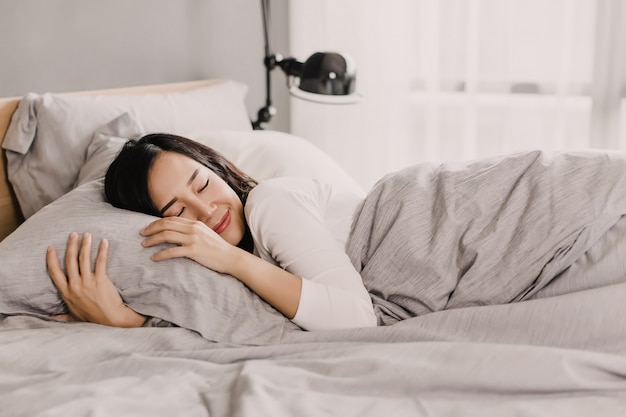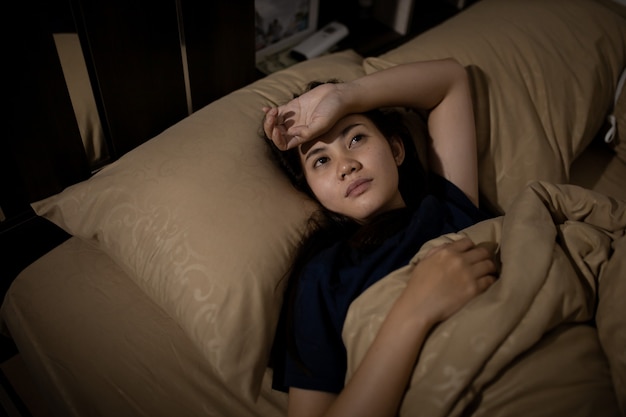
What is the main purpose of team building?
In today’s fast-paced and ever-evolving workplace environment, the significance of fostering a cohesive and motivated team cannot be overstated. The concept of team building transcends
For some people, it is the most important thing they look forward too after a hard day’s work. When it comes to sleep the older you are, the lesser you get of it. Most healthy adults need 7-9 hours of sleep per night to function at their best. Children and teens on the other hand need more than that.

According to science, there are 4 stages of sleep. There is REM (Rapid Eye Movement) sleep and 3 stages of Non-REM sleep. Stage 3 of Non-REM sleep (deep sleep) is what you need to feel refreshed in the morning. However, you need a combination of REM and Non-REM sleep to consolidate memory.
Sleeping for some adults, is easier said than done. There are people out there that feel tired but have difficulty going to sleep. Some are light sleepers that wake up at the slightest sound. Some go to sleep but are plagued by dreams that don’t necessarily have any meaning. These individuals wake up feeling more tired than they were before they went to bed.

The truth is ‘responsibilities’ keep a lot of people up at night. It the one thing we adults can’t get away from. It is not clear how long we can survive without sleep. Cognitive skills are affected if you don’t sleep for 24 hours. If you go 3 to 4 nights without sleeping, you can start to hallucinate. The inability to fall and stay asleep is known as insomnia. Prolonged insomnia leads to depression. More people are affected by this now than ever before.
If you are experiencing sleep deprivation or have poor quality sleep, here are some things you need to do:
1. Watch what you eat. No excess sugar/salt in food. No junk food. No caffeine.
2. Don’t eat late. Try to have your dinner by 6-7PM.
3. No bright lights. Keep lights dim especially 1-2 hours before you go to bed.
4. No heavy lifting. Stay away from any rigorous activities after 7PM.
5. No serious conversations with anyone (unless absolutely necessary).
6. Drink a warm glass of milk.
7. Read a book just before going to bed.
8. Use scents. Candles and incense sticks can help.
9. Keep the bedroom cool not cold. 26-27 degrees Celsius on the AC is good enough. Turn it on at least an hour before you actually go to sleep.
10. Strictly no smartphone in bed.
Going to bed requires a disciplined routine. I hope the above helps but if it does not, it’s probably a good time to seek some medical (perhaps even psychological) attention. No joke.
Stress is the #1 killer and without proper rest there are serious consequences!
Love yourself and make the effort to reduce your stress levels because you deserve it.
Click the banner below to find out more!
Enjoyed this article?
Then share it with others cause…#sharingiscaring

In today’s fast-paced and ever-evolving workplace environment, the significance of fostering a cohesive and motivated team cannot be overstated. The concept of team building transcends
Live chat, call or email, we’re here for you

Quorse is Asia’s #1 online training marketplace that connects learners with trainers who seek a value-added training experience on a single platform. Discover training courses from diverse categories, ranging from technical IT certifications to personal development programs.
Sign Up to Bookmark your Favourite Course
or Request for a Quotation instantly
Sign in with your social account
or
By signing up, you agree to our Terms of Use and Privacy Policy